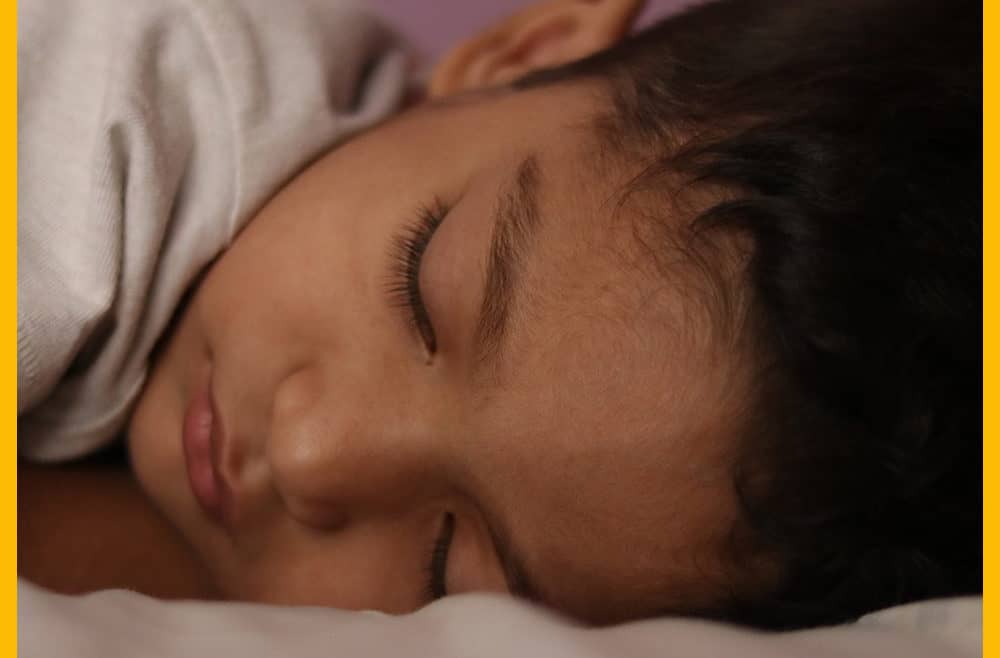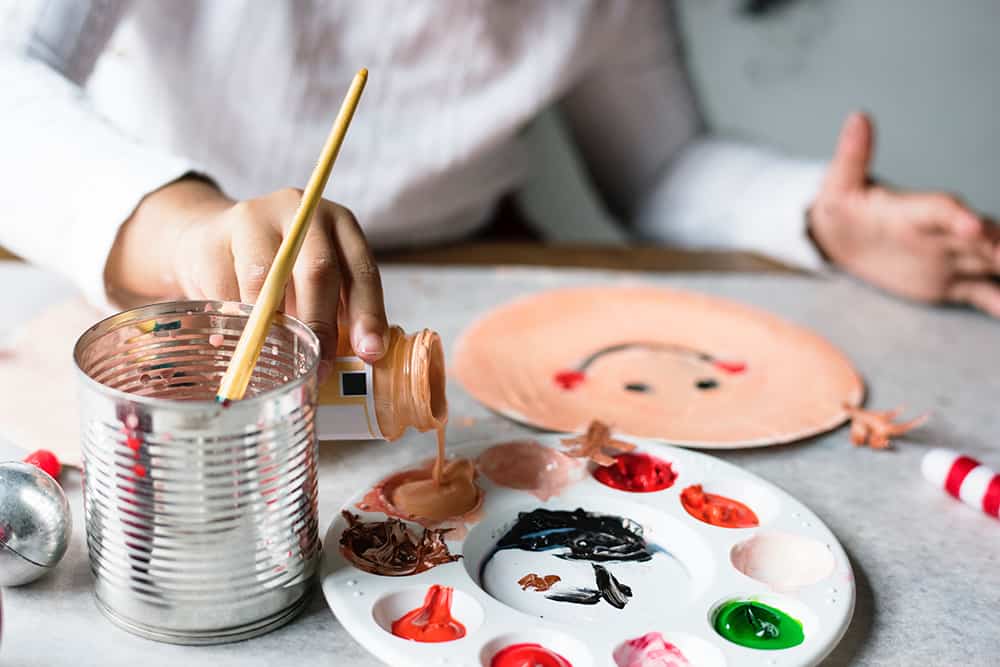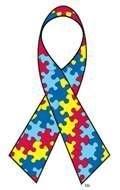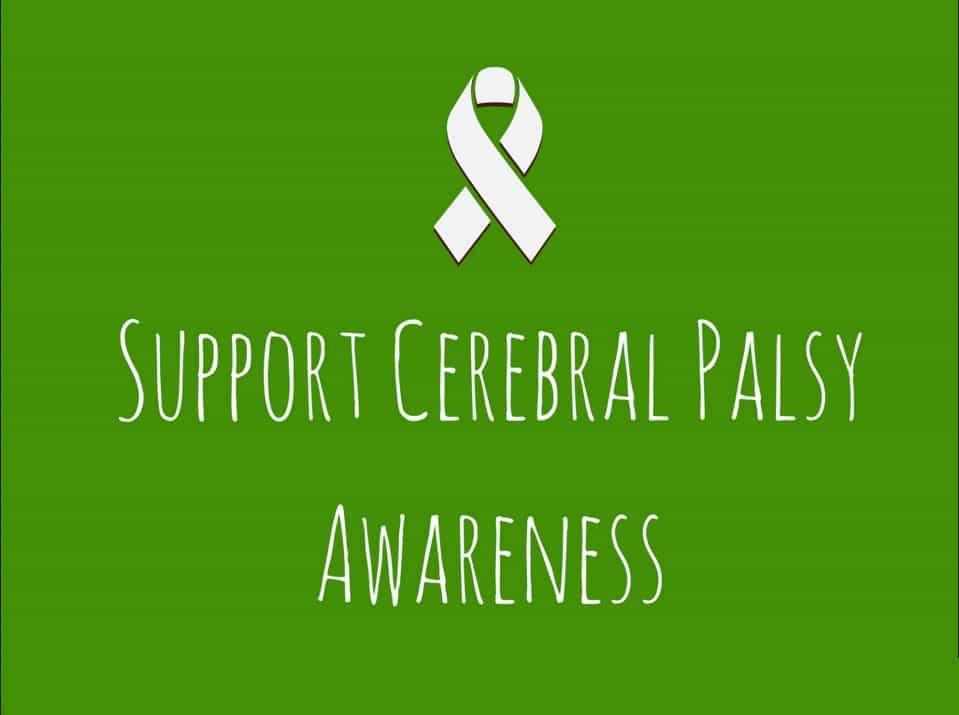“I wish people knew more about [Cerebral Palsy]. That it isn’t progressive or inherited. It’s a birth injury, plain and simple. Little awareness exists about birth injuries. I would like to do more to decrease the stigma that people who have CP are somehow damaged or incapable of living a full life. They were injured, NOT damaged, and are exceptional human beings.” -A PTN parent
…
March is Cerebral Palsy (CP) Awareness Month, and March 25th is CP Awareness Day. St. Patrick’s Day isn’t the only day in March we wear green! Here at PTN, we work with many children with CP, and we wanted to do our part to bring awareness to the neurological disorder.
Cerebral Palsy affects 1 in 323 children in the United States, and is the most common motor disability among children. With such wide prevalence, it’s astonishing to know there’s still so much misinformation out there.
What is CP?
 The definition of CP (according to cerebralpalsy.org): While Cerebral Palsy (pronounced seh-ree-brel pawl-zee) is a blanket term commonly referred to as “CP” and described by loss or impairment of motor function, Cerebral Palsy is actually caused by brain damage. The brain damage is caused by brain injury or abnormal development of the brain that occurs while a child’s brain is still developing — before birth, during birth, or immediately after birth.
The definition of CP (according to cerebralpalsy.org): While Cerebral Palsy (pronounced seh-ree-brel pawl-zee) is a blanket term commonly referred to as “CP” and described by loss or impairment of motor function, Cerebral Palsy is actually caused by brain damage. The brain damage is caused by brain injury or abnormal development of the brain that occurs while a child’s brain is still developing — before birth, during birth, or immediately after birth.
Cerebral Palsy affects body movement, muscle control, muscle coordination, muscle tone, reflex, posture and balance. It can also impact fine motor skills, gross motor skills and oral motor functioning.
Hemiplegia refers to one arm and leg on the same side of the body being affected. Diplegia, or paraplegia refers to when both legs are affected, and quadriplegia is used to describe CP when both arms and legs are affected.
Let’s dispel some common misconceptions:
- CP isn’t a disease. It’s the result of injury to the brain during birth or development.
- Because of its nature, CP can affect each child differently, depending on the location and extent of the brain damage.
- Physical impairments can range from mild to severe. CP can affect: Balance, coordination, posture, vision, hearing, and intellect. It may also cause seizures.
- Many children with CP grow up to be healthy, productive adults.
- CP doesn’t mean a child is confined to a wheelchair or will not be able to talk.
CP & Therapy
CP can’t be cured, yet. The lack of a cure right now doesn’t mean there won’t be one in the future, or that your child cannot live a productive life. Therapy can help to improve independence, access, and participation. Therapists use adaptive equipment and…
- Physical therapy: Focuses on functional stretching and strengthening in order to improve mobility skills and participate in activities and daily routines and incorporates the use of adaptive equipment when necessary to improve participation and prevent secondary impairments.
- Occupational therapy: Helps children develop fine motor and play skills and introduces adaptive products to improve independence with activities of daily living.
- Speech therapy: Works with children who have speech, language, and swallowing difficulties. If communication is difficult, therapists can help children learn how to use a communication device to interact with their family and peers.
Though CP itself isn’t progressive, altered body mechanics because of issues with posture, balance, and muscle spasticity can contribute to a variety of issues for children as they age, in a phenomenon known as post-impairment syndrome. These conditions, such as osteoarthritis, are a result of the bone and muscle abnormalities because of the CP. While you cannot necessarily stop these issues from happening, physical therapy can help reduce the severity and delay the onset of these conditions.
National & Chicago-Area Resources for CP Patients & Families
Cerebral Palsy: PTN Parent Point-of-Views
We reached out to some of our parents and asked them a few questions.
How does therapy help your child?
“Therapy helps in so many ways. The therapists suggest techniques to strengthen your child, provide alternatives to accomplish tasks with which he or she might be struggling, and can help provide perspective on how far your child has come. It can be very easy to get caught up in how much work your child needs to accomplish to gain the skills that provide more independence, but therapy helps build those skills, and provides a means of measuring improvements, so that you and your child can see the progress that has been made towards your goals.”
“I think the therapy helps her to be self-aware of how her body is reacting. She has to really try, but she can relax her muscles with great effort. Bracing has come out of therapy and this really helps with keeping things aligned more. I think she would have a much harder time walking and running without the bracing.”
“Therapy has helped my daughter tremendously! We have noticed the most change with speech and physical therapy. Our daughter mimics words and phrases that she works on with her speech therapist. For physical therapy, we notice that once something new is introduced, she gets better and better each week.”
What are some of the struggles with therapies, for you and your child?
“In the beginning, it took our child some time to be comfortable with the therapist. Most of this was because of her age and she didn’t want to separate from us. The initial few months our daughter would cry through lots of the sessions, but it takes a creative/fun therapist to work through it. Also, some weeks it is challenging to practice the therapy techniques. You need to share it with nannies, grandparents, etc., the goals you are working on.”
What do you wish could be done to improve CP awareness?
“Ask questions and promote education instead of ignorance.”
“I really would like to see CP events more. Usually they are hosted by families or the therapy organizations. I would like to see an event like Spartan or Tough Mudder take on fund raising. I would like to see more children with the special needs of CP at the events. Just working on this task has led me to trying to raise awareness myself by raising money at these events for children.”
The parents we interviewed had unique answers for advice for parents with children who’ve received a CP diagnosis, but they all shared a common thread. If your child was just diagnosed, take a bit of time to research, but don’t panic. There are not only resources for your child, but resources to help you get the support you need to deal with the diagnosis, too.
…
Your child may have different abilities and struggles than the rest of the world, but they are perfect just the way they are, and the best thing you can do is treat them as normally as possible. Don’t coddle, or hold them back. Let them try again and again. They may take a while to adapt, and they may have to do things differently, but they will figure it out. There may be some things your child cannot do, but the important thing is you do not allow the CP diagnosis to define who they are. Be patient, and get ready for your child to surprise you often.
Join us here at PTN in celebrating CP Awareness Day! We’re here to answer any questions you may have about the neurological disorder, and to help you get the resources you need for your child.
A BIG thank you to our parents and therapists for their generous time and effort in helping us create this article.













 The definition of CP (according to cerebralpalsy.org): While Cerebral Palsy (pronounced seh-ree-brel pawl-zee) is a blanket term commonly referred to as “CP” and described by loss or impairment of motor function, Cerebral Palsy is actually caused by brain damage. The brain damage is caused by brain injury or abnormal development of the brain that occurs while a child’s brain is still developing — before birth, during birth, or immediately after birth.
The definition of CP (according to cerebralpalsy.org): While Cerebral Palsy (pronounced seh-ree-brel pawl-zee) is a blanket term commonly referred to as “CP” and described by loss or impairment of motor function, Cerebral Palsy is actually caused by brain damage. The brain damage is caused by brain injury or abnormal development of the brain that occurs while a child’s brain is still developing — before birth, during birth, or immediately after birth.